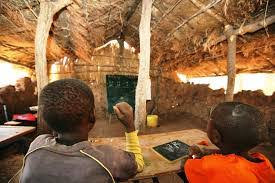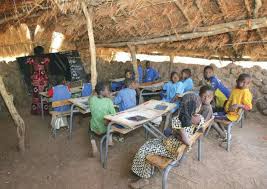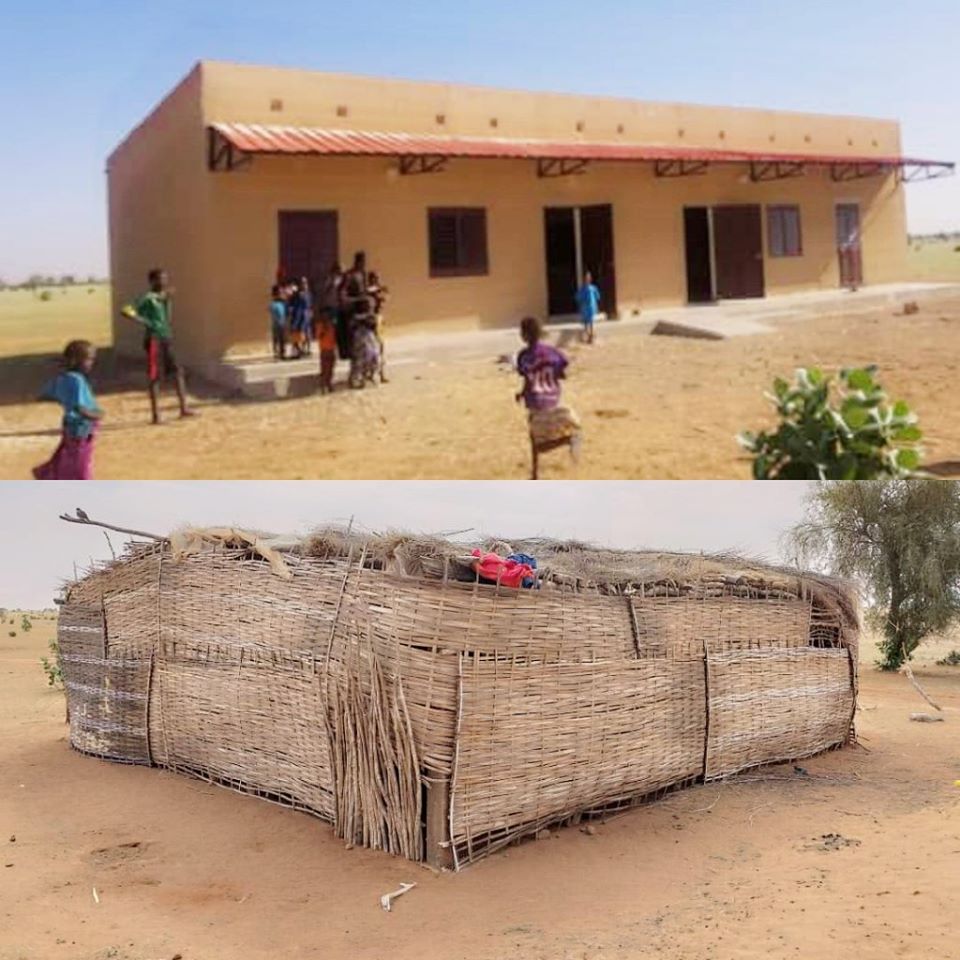Tracka Diaries
The term “temporary shelter” refers to huts, primarily made of sticks and straw, that serve as schools for students in poor and remote areas of Senegal. This practice began with the second alternance, which aimed to expand access to education for everyone by establishing these “temporary” shelters, with the intention of eventually building appropriate school facilities. However, the increasing number of these facilities, which were meant to be temporary, raises serious concerns. This situation has deepened educational inequalities—an inalienable right for all citizens—and has drastically diminished academic performance in rural areas.

To address this issue, BudgIT Senegal is implementing the Tracka project, which monitors service delivery through community champions to hold authorities accountable to the citizens. One such champion is Alioune Fall, our community champion for the Diourbel region, who is disheartened by the continued existence of temporary shelters in the region, 65 years after independence. This situation is unacceptable, especially considering that for the 2024 fiscal year, the budget for the Ministry of National Education amounts to 909,323,430,797 CFA francs in payment appropriations, with commitment authorizations estimated at 944,959,363,377 CFA francs. This budget is structured around six programs aimed at strengthening the Senegalese education system.
According to Alioune Fall, Diourbel regional officer, the number of “temporary shelters” in the Baol area is not decreasing as local authorities had promised. Consequently, children are forced to study in precarious conditions, lacking basic necessities such as toilets, teaching materials, and qualified teachers, as civil servants tend to remain in regional capitals. Young girls are particularly vulnerable to health and hygiene problems both at home and at school.

As per the latest census conducted by the Program for the Replacement of Temporary Shelters and Ancillary Structures (PRORAP) in December 2024, a total of 7,122 temporary shelters are still listed across the country. With a population of 18 million that continues to grow, poverty is increasingly affecting rural areas. A nation’s development cannot occur without quality education.
What do community leaders have to say?
Prime Minister Ousmane Sonko announced during his general policy statement on December 27, 2024, that the Ministry of National Education will “soon” sign a partnership with the Armed Forces to eliminate temporary shelters that are currently used as classrooms in some regions of the country.
BudgIT Senegal is actively monitoring public service delivery to empower citizens to advocate for improved services in education, health, environmental sustainability, water supply, and sanitation. Watch for our upcoming Tracka Diaries series next month and join the movement for change!
